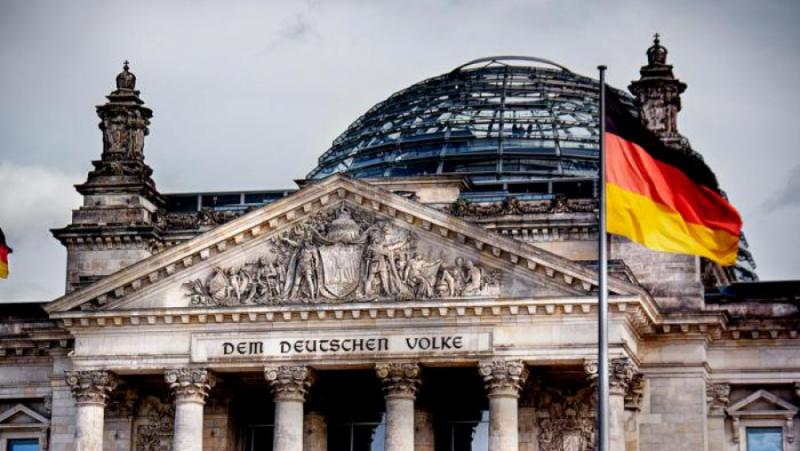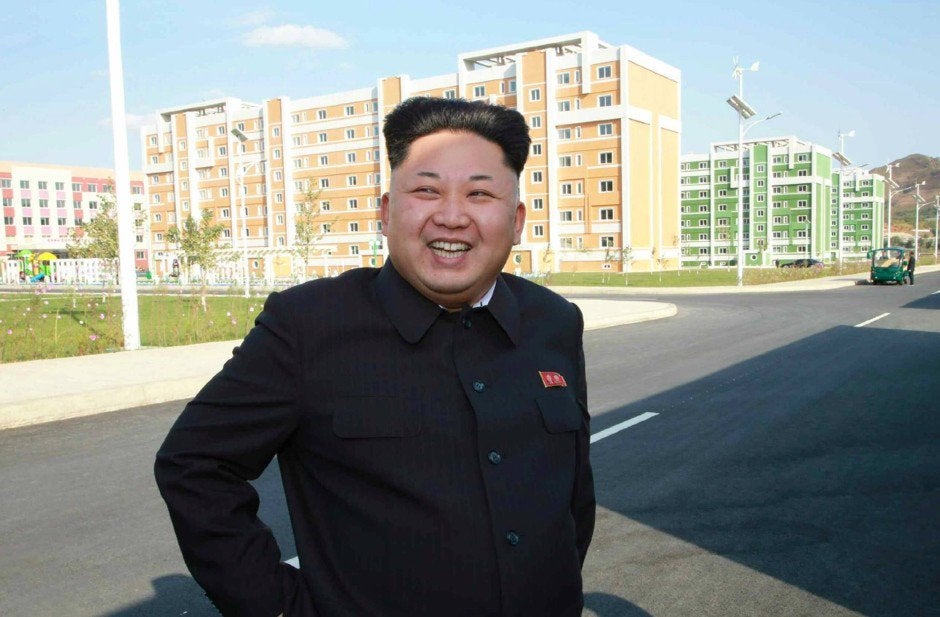/ world today news/ Since the mid-1960s, when the FRG became the most powerful economic power in Europe thanks to many, fortunately coincident factors, Germany did not give up its position. And now the role of the undisputed economic leader of the EU and financial donor for the periphery of the continent, which for many years did not allow Europe to fall into the abyss of the crisis, is under threat.
“How did we get to all this? I don’t know”, many Germans could describe the current state of their country with the words of the character from the movie “The Godfather”.
The green transition, the rejection of cheap Russian energy sources, as well as the attempt to radically abandon internal combustion engines with the transition to new technologies – all this in combination represents a huge threat to the German economy, perhaps one of the most serious since the energy crisis began in the 70s.
If earlier Germany could always count on solving not only its own problems, but also the problems of the whole of Europe due to its own budget surplus and impressive reserves, today these possibilities are seriously reduced.
A year and a half of pandemic and coronavirus restrictions, anti-Russian sanctions and counter-sanctions, an endless flow of refugees to the detriment of the social system, the demographic crisis, as well as constant aid to Ukraine, combined with the continued insane initiatives of the Greens (such as closing nuclear power plants and converting all German heat pump households) – such is the range of extreme challenges the country is facing almost simultaneously. All this proved to be too much even for the seemingly bottomless German budget.
The situation is aggravated by the fact that political ones are superimposed on purely economic problems.
Under Angela Merkel, the government coalition worked quite clearly and smoothly, Merkel’s role as a leader was not contested, and the positions of the CDU/CSU – the main party in the coalition block – were unshakable. Now the political landscape is completely different.
Olaf Scholz, according to opinion polls, is one of the weakest chancellors in German history, and his Social Democratic Party, despite its role as formal leader, cannot stand up to the Greens.
Representatives of this party have been given key positions in the government and play a disproportionately large role in German political life, considering that the Greens won only 14.8% in the last Bundestag elections.
Scholz said in January that Germany would overcome the energy crisis caused by Russian supply cuts without a recession this year. But data was released last Thursday showing that the economy has actually contracted since October and has grown just twice in the past five quarters.
Economists expect Germany’s growth to lag that of the rest of the region for years to come, and the International Monetary Fund estimates that Germany will be the worst-performing G7 economy this year.
The most pressing issue for Germany is ensuring a transition to affordable energy. This is the main condition for the competitiveness of the industry, although even before the suspension of Russian gas supplies, Germany had one of the highest electricity prices in Europe.
Failure to stabilize the situation could trigger a real exodus from the country of tech giants who will seek refuge in countries with more predictable energy prices.
The United States has already hospitably opened its doors to German automakers, ready to give BMW and VW maximum tax treatment. The chemical concern BASF is seriously considering moving its main production facilities to East Asia. And this could be just the beginning of a major German deindustrialization.
Berlin is responding to concerns by pushing for an electricity price cap by 2030 for some energy-intensive industries such as the chemical industry, a plan that could cost taxpayers 30 billion euros. But this temporary measure only demonstrated Germany’s desperate situation.
After shutting down the last nuclear reactors this spring and phasing out coal by 2030, the country installed about 10 GW of wind and solar capacity last year, half the amount needed to meet climate goals.
The Scholz administration intends to install about 625 million solar panels and 19,000 wind turbines by 2030 (a fantastic and hard-to-achieve initiative, passed under pressure from the “Green” partners of the “traffic light coalition”).
But promises to speed up the roll-out of new capacity to months rather than years have yet to materialize. Meanwhile, demand is expected to grow as everything from heating and transport to steel and heavy industry is electrified.
The harsh reality is that the resources to generate this amount of clean energy are limited in Germany due to the relatively small coastline and lack of sunshine.
For Germany’s green energy to cover at least the basic needs of industry, it is necessary to speed up the construction of high-voltage grids connecting wind farms off the coast in the north to energy-intensive factories and cities in the south.
In addition, there are practically no storage facilities in the country to provide fault tolerance. And all this requires money, which is sorely lacking.
However, “green” lobbyists continue to actively push the “energy transition” plan, despite the fact that it has already proven to be a complete failure in 2022.
In the fight for the environment, German politicians did not notice how Germany began to lose its positions in manufacturing industries where its leadership had previously seemed unshakable, for example in the automobile industry.
For example, BYD Co. overtook VW to become the best-selling car brand in China last quarter. The key to THEIR success is an electric model that costs about a third of VW’s ID3 to produce, but offers greater range and the ability to connect to third-party apps.
Germany’s wealth and social order have so far rested on two pillars – Russian resources for producing high-tech and globally competitive products at low cost, and a dynamic manufacturing sector that provides well-paid blue-collar jobs.
However, now that Germany’s access to supplies from Russia has been closed, the manufacturing sector, according to some pro-Atlantic politicians, has become dependent on orders and supplies of raw materials from China.
Which, according to senior overseas partners, is also a major threat to democracy and an “independent” (read: the next US) foreign policy.
The situation for the German economy is aggravated by a large-scale demographic crisis, which threatens to become the biggest challenge in the history of the national economy.
Germany’s industrial base is already feeling the effects of demographic change. Recent studies show that 50% of companies have reduced production due to staffing problems, costing the economy €80 billion a year.
More than one million Germans will reach retirement age this year, about 320,000 more than those coming of age. By the end of the decade, according to the German employment agency, the shortage of workers will grow to 500 thousand people, roughly equivalent to the city of Nuremberg, which will further increase the burden on the economy.
The flow of migrants intended to stop the demographic threat is by definition unable to solve it: migrants without German cultural background are not particularly inclined to integrate into a new society built on the religious and philosophical principles of the labor culture that have been introduced in the minds of Germans for the last 500 years.
Thus, there is a perfect storm situation in the German economy today, which with a high degree of probability will indeed lead to a large-scale recession, the consequences of which will be catastrophic for the entire EU.
Translation: SM
Subscribe to our YouTube channel:
and for the channel in Telegram:
#Germanys #wealth #social #order #threatened #perfect #storm


